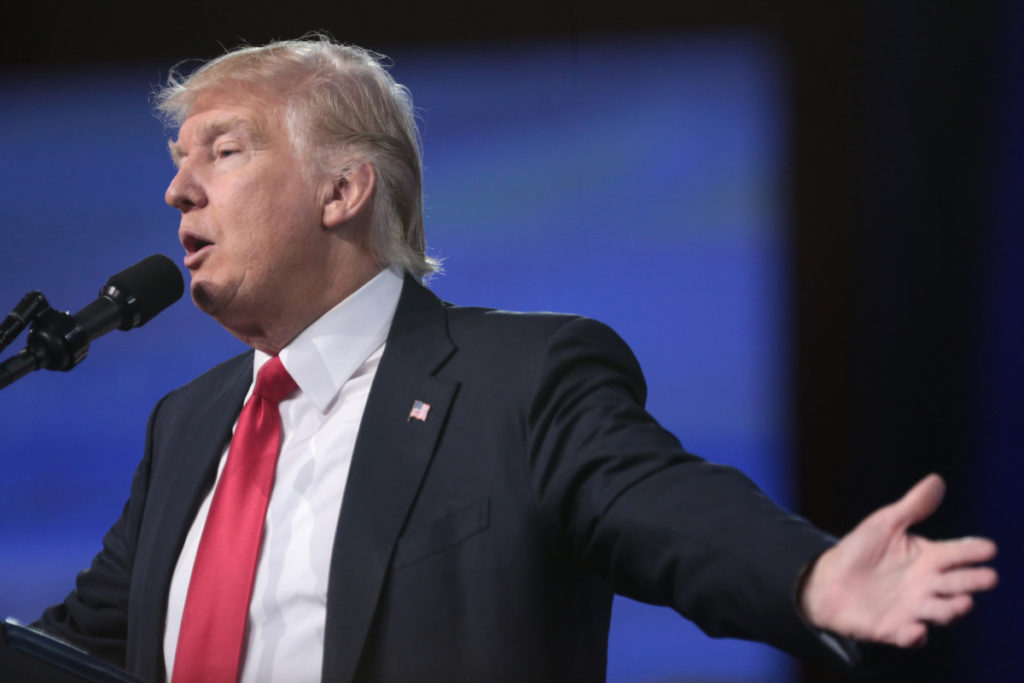What the law says about Donald Trump pardoning Michael Cohen

Yesterday the FBI executed a search warrant on the office and residence of Donald Trump’s attorney Michael Cohen, and evidence was seized in relation to the Stormy Daniels payoff. Trump and Cohen have long been close personally. This has led to the question of whether Trump might try to preemptively pardon Cohen, whether that pardon would stand, and whether Trump could be charged with a crime for trying to pardon an alleged co-conspirator.
The short answer is that no one knows for sure. No sitting U.S. President has ever tried to pardon his own alleged co-conspirators, so this has never been tested in practice. If Donald Trump were to issue a pardon for Michael Cohen for his actions in the Trump-Russia scandal, the courts would have to rule whether such a pardon is Constitutional, and whether to uphold it or nullify it. From there, Special Counsel Robert Mueller would have to decide whether to charge Trump with obstruction of justice for having tried to use a pardon to prevent an alleged co-conspirator from testifying against him.
So there are three different possible outcomes. Different legal scholars have stated different views on which way they think the court might rule. The key here may be that for a judge to have signed off on a search warrant against him for the seizure of communications between Trump and his attorney, the judge must have believed there was evidence that Trump and Cohen conspired to commit a crime. This would directly paint Trump and Cohen as alleged co-conspirators, perhaps bolstering the legal argument that Trump can’t legally pardon Cohen.
One important note is that although there is no evidence that Michael Cohen has been charged with anything, Donald Trump can still preemptively pardon him. For instance, President Gerald Ford preemptively pardoned Richard Nixon at a time when there were no formal charges against Nixon. So Trump can try to pardon Cohen at any time. The only questions are whether he will try, and how it would play out legally. But the bottom line is this: if New York State brings parallel charges against Cohen, then there will be nothing Trump can do, as the president cannot pardon state level charges.
